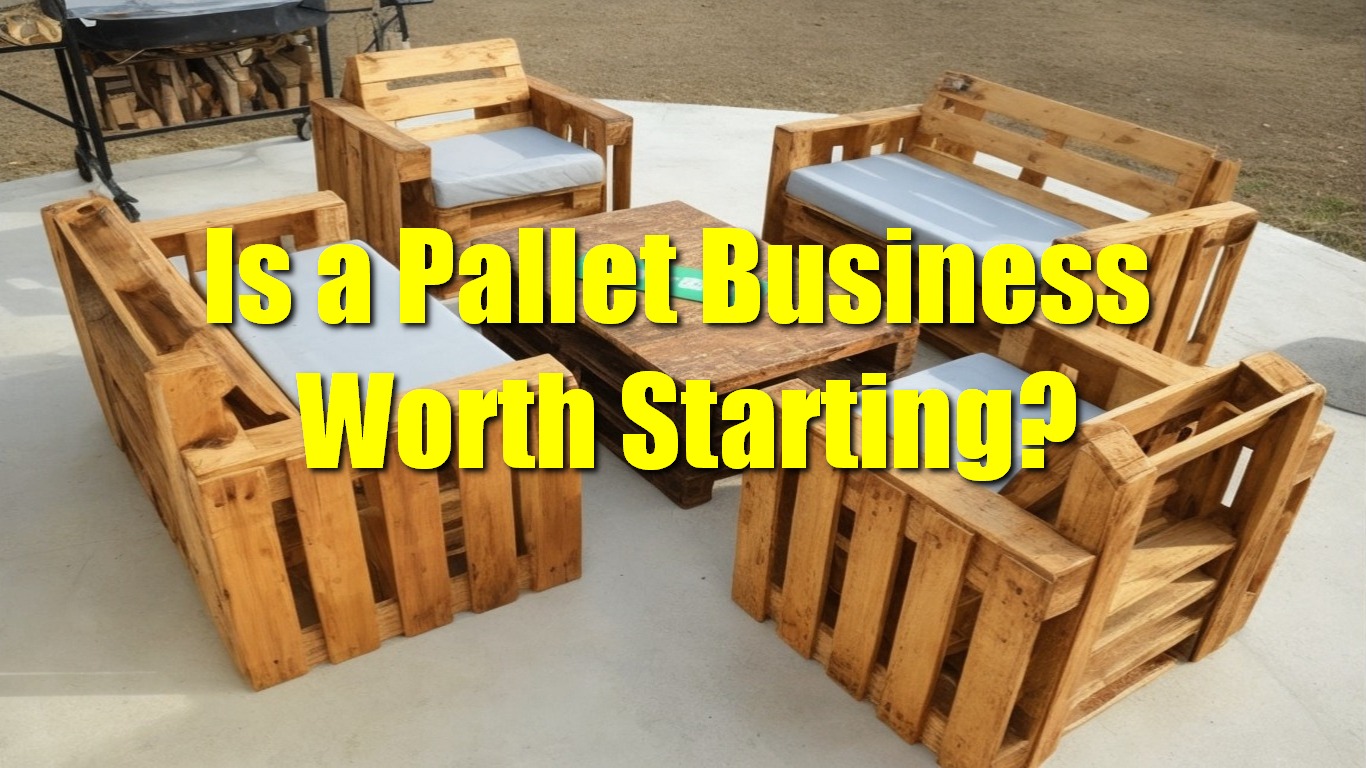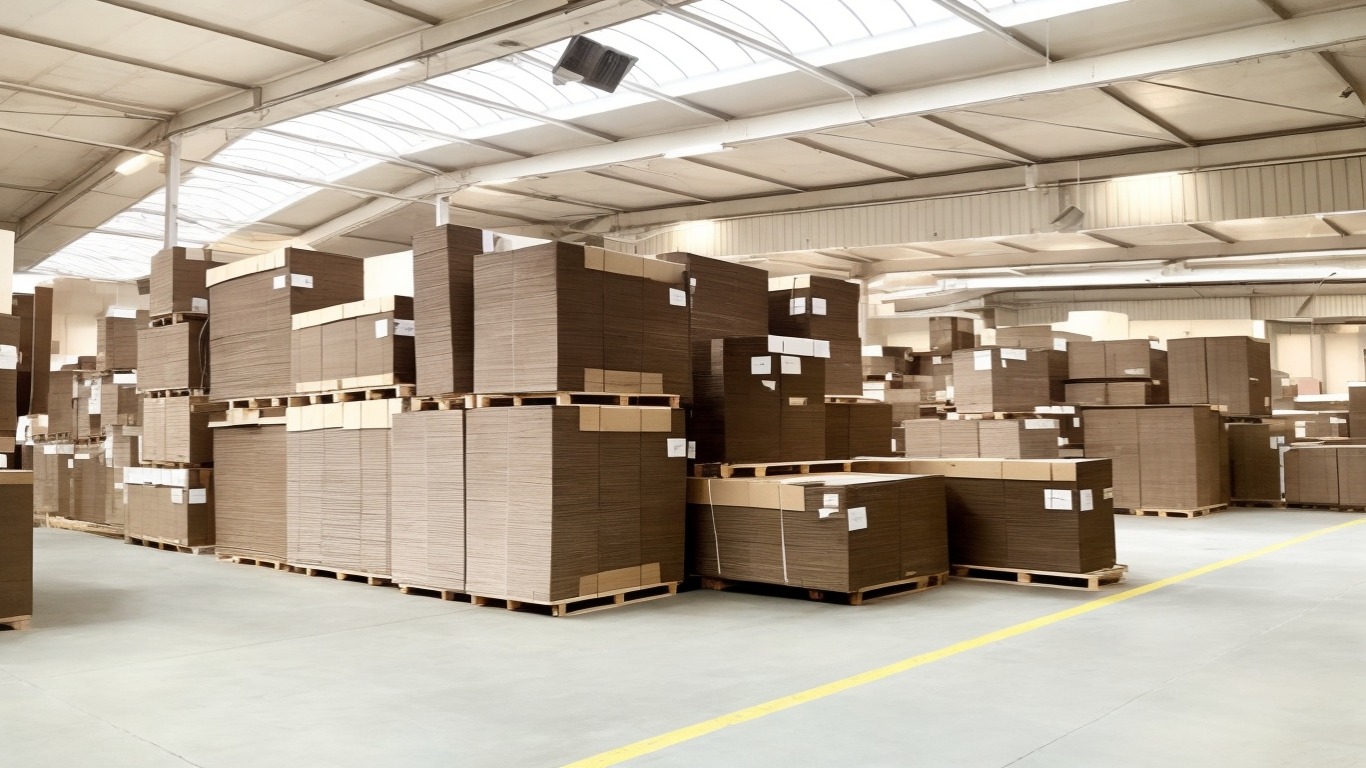
Starting a pallet business is a decision that requires careful consideration. While the pallet industry plays a critical role in the logistics and transportation sectors, and it can offer various benefits, it also presents challenges that aspiring entrepreneurs should weigh carefully. In this article, we’ll delve into the pros and cons of starting a pallet business to help you make an informed decision.
Robust Demand for Pallets

Pallets are the unsung heroes of the supply chain industry. They are essential for safely and efficiently transporting goods. The growth of e-commerce, globalization, and the need for efficient logistics primarily drive the demand for pallets. As businesses continue to expand and trade across borders, the demand for pallets is expected to remain robust. Thus, you can safely get followers for free on Instagram for further promotion of your pallet business on the platform.
The Competitive Landscape
However, it’s crucial to acknowledge the competitive nature of the pallet industry. Established players dominate the market, making it challenging for newcomers to establish themselves. To succeed, you’ll need a well-thought-out strategy to stand out in this crowded field.
Reliable Recurring Revenue
One of the most enticing aspects of a pallet business is the potential for recurring revenue. Unlike one-time purchases, pallets require regular maintenance, repair, and eventual replacement. Building strong, long-lasting relationships with customers can result in a steady income stream.
Eco-Friendly Opportunities

In recent years, sustainability has become a major concern. Pallet recycling and refurbishing can align with these environmental values. This not only attracts eco-conscious customers but also presents opportunities to reduce disposal costs, contributing to both your bottom line and the planet.
Diverse Customer Base
The versatility of the pallet business is another advantage. It serves a wide range of industries, from agriculture to manufacturing to retail. This diversity can provide some protection against economic downturns in specific sectors. In the meantime, marketing your pallet business is crucial to maintain and broaden your customer base for the future.
Substantial Initial Capital
Starting a pallet business necessitates a significant upfront investment. You’ll need pallet manufacturing or refurbishing machinery, ample storage space, and a fleet of transportation vehicles. These initial capital requirements can be a barrier for many potential entrepreneurs.
Navigating Intense Competition
As mentioned earlier, competition in the pallet industry is fierce. Established companies have a stronghold on the market, making it crucial for newcomers to develop a strong marketing and sales strategy to secure clients and maintain profitability.
Prioritizing Quality Control
Quality assurance is paramount in the pallet business. Inferior pallets can lead to accidents, damaged goods, and dissatisfied customers. Implementing stringent quality control measures is essential to uphold your business’s reputation and success.
Adhering to Regulations and Standards
Operating a pallet business entails complying with various regulations and standards, which can vary by region. Staying up-to-date and in compliance with these requirements is essential to avoid legal issues and maintain the trust of your customers.
In conclusion, a pallet business can be a profitable venture, but it requires meticulous planning, dedication, and a strong commitment to quality and customer satisfaction. If you’re willing to make the initial investment, navigate the competitive landscape, and adhere to regulatory requirements, a pallet business may be worth considering for its long-term revenue potential and adaptability across diverse industries.




